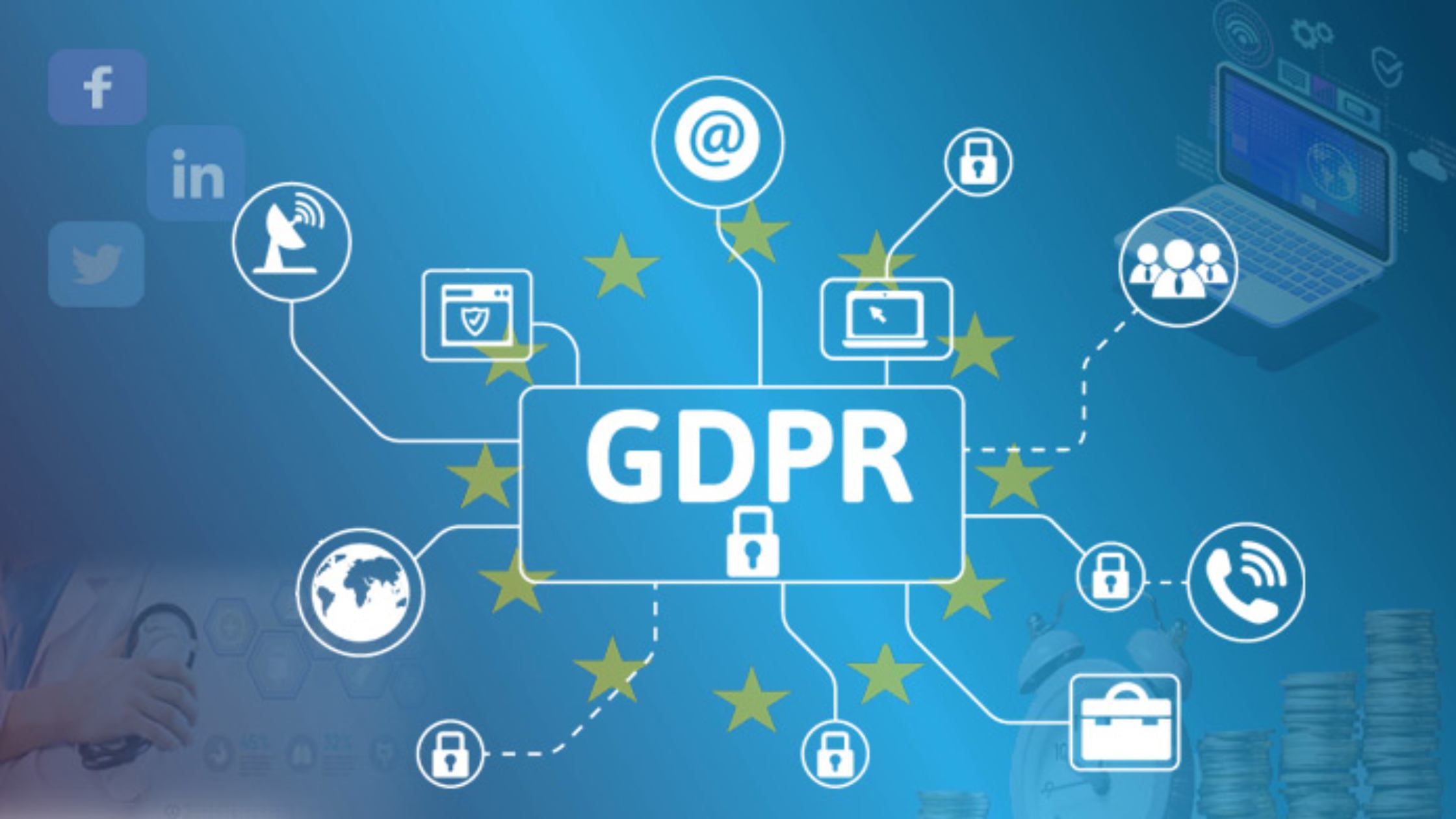Are you familiar with GDPR compliance requirements? It’s fine if you aren’t because GDPR is a tangled and continuously changing piece of legislation. It’s all about data protection. The consumer has control over their personal data and all data stored on the internet is protected. It is possible to learn more about GDPR from other businesses or get started with it.

HIPAA and GDPR are two acronyms that health care providers and companies that handle personal data should be aware of. HIPAA (Health Insurance Portability and Accountability Act) is a US law that regulates the use and disclosure of patient’s personal health information. The General Data Protection Regulation (GDR) is an EU regulation that affects any business that handles personal information from EU citizens. Although they might have different objectives, they all share the same aim: ensure the privacy of personal data and security.
There are many reasons to adhere to GDPR and HIPAA
There are many reasons why the compliance with HIPAA/GDPR requirements is vital. It safeguards sensitive information from unauthorised access, disclosure, or misuse. Healthcare organizations, for example deal with sensitive medical data that could be used to perpetrate identity theft or medical fraud. GDPR covers businesses that handle personal information like addresses, names, emails addresses, as well as other data which could be used for fraud, identity theft, or the practice of phishing.
These laws are legally legal and binding. HIPAA regulations apply to healthcare professionals, health plans, as well as healthcare clearinghouses. Infractions to HIPAA regulations can lead to civil or criminal penalties, and the damage to a healthcare provider’s reputation. The GDPR also applies to all businesses that process the personal data of EU residents, regardless of place of operation. Infractions could lead to severe fines , or even legal action.
The compliance with these rules can help build trust between patients and customers. Customers and patients alike expect their personal data to be treated with care and confidentiality. In compliance with HIPAA or GDPR rules will show that the company is serious about security and privacy of data.
HIPAA and GDPR Compliance – Important Requirements
It is important for businesses to be aware that HIPAA regulations and GDPR regulations have many obligations. In the case of HIPAA, covered entities must guarantee the integrity, confidentiality and availability of protected health information electronically (ePHI). This means that covered organizations have to implement technical, administrative, and physical safeguards to stop unauthorized access to and disclosure, as well as use or misuse of the information. For security breaches that could lead to incidents any covered entity should have procedures and policies in the place.
Businesses must get explicit consent from individuals to process and collect the personal data they provide under GDPR. Consent must be freely provided in a specific and clear manner. The consent must not be vague. Businesses must also provide individuals with the ability to access their personal information to correct and erase those under GDPR. To safeguard personal information, businesses must take appropriate organizational and technical measures.
HIPAA Compliance as well as GDPR Best practices for compliance
Companies must adhere to best practices in order to ensure compliance with HIPAA/GDPR rules. Here are some of the best practices:
Risk assessments should be conducted regularly by businesses to assess the security, confidentiality, integrity, availability, and security of personal information. This will allow you to identify vulnerabilities and put in place appropriate security measures.
Access controls Only authorized employees are allowed to have access to personal information. This could include strong passwords as well as multi-factor authentication. Access controls must be based on the lowest privilege.
Employees training: Employees must be regularly trained on data security and privacy. This could help avoid accidental or deliberate data security breaches.
Implementing incident response plans: Businesses should have plans in place to handle any security issues or breaches that could occur. This includes identifying a reaction group, establishing protocols for communication and conducting regular drills.
For companies that process personal data, HIPAA Compliance and GDPR Compliance are crucial. These regulations safeguard sensitive data from disclosure by unauthorized persons and misuse and show a commitment to data security and privacy. By implementing best practices such as conducting risk assessment in conjunction with access controls or training for employees, as well as developing incident response strategies, businesses can ensure compliance with these regulations and ensure that their information is protected
For more information, click HIPAA Compliance News and Advice






